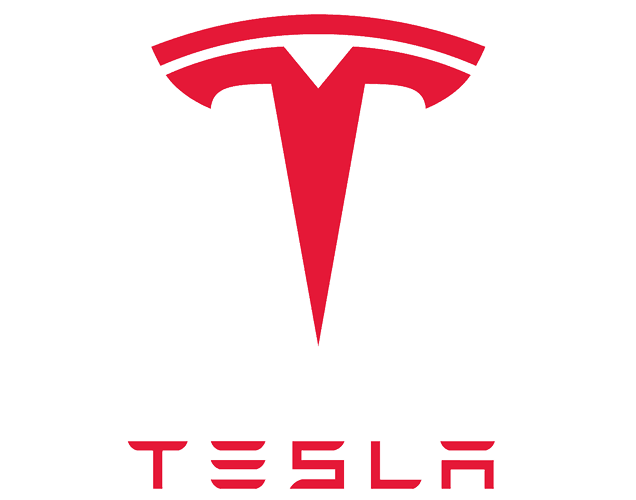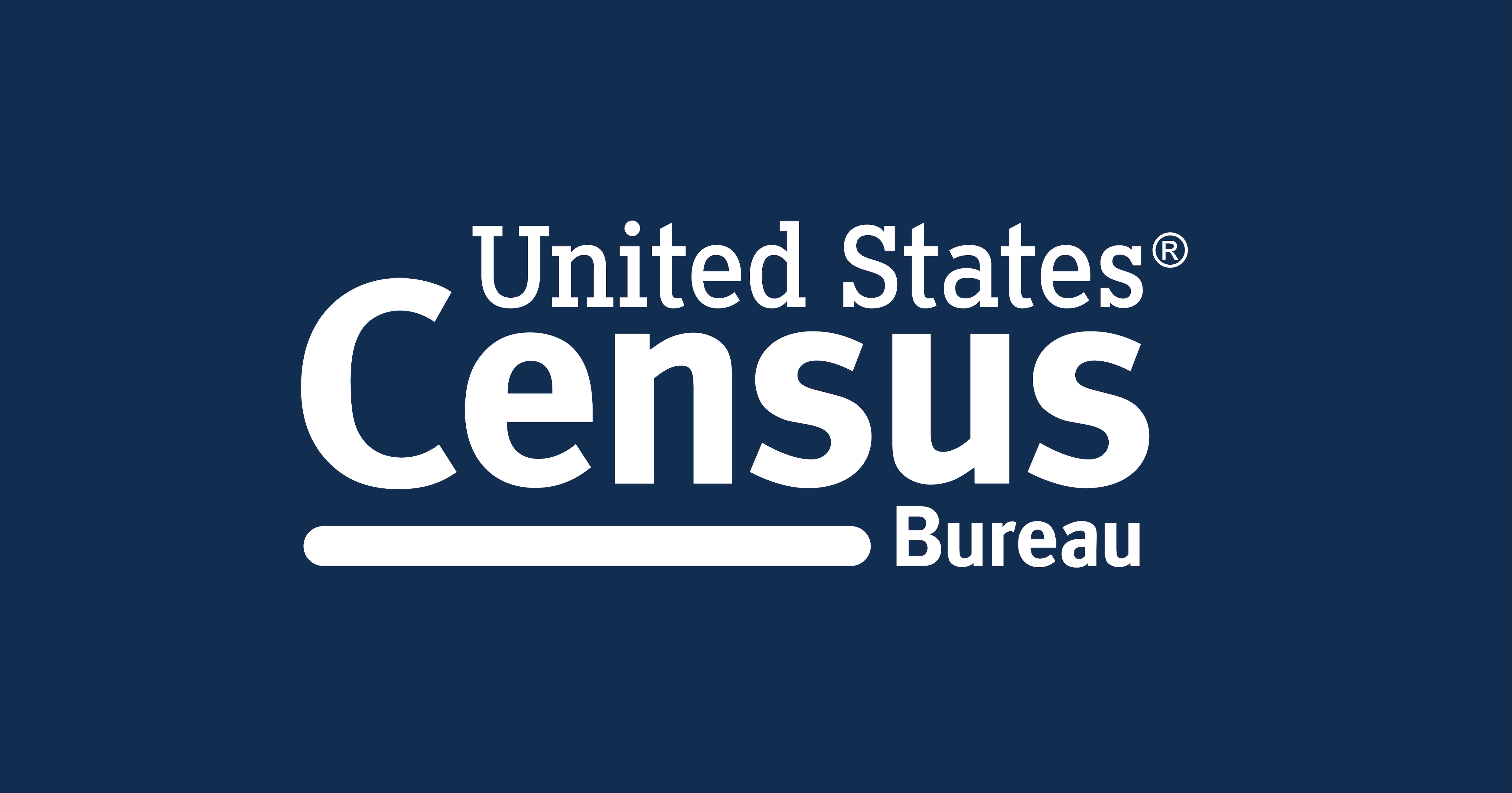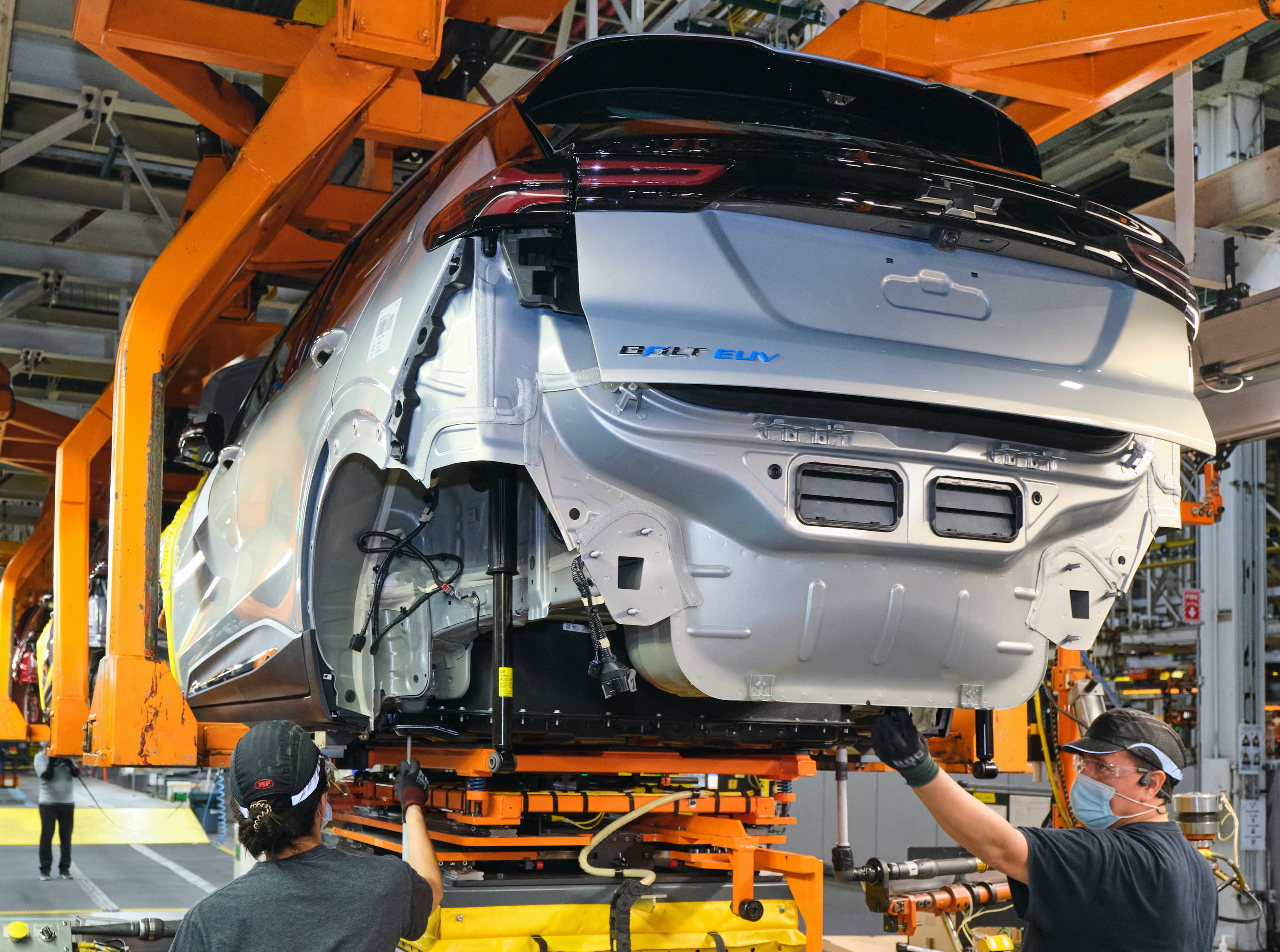Tesla Model 3 owners have a median age of 46 and annual income of over $128,000. Learn more demographics about Tesla Model 3 owners.

hedgescompany.com
This report presents data on income, earnings, income inequality & poverty in the United States based on information collected in the 2021 and earlier CPS ASEC.

www.census.gov
What's the average salary in the U.S.? What's the median income for men and women? Which professions make the most? Read on to find out what the research says.

www.fool.com
Median US household income is $67xxx , average is $87xxx. The average Model 3 buyers income is $125xxxx. Assuming these represent the "poorest" Tesla buyers, I really have a hard time believing they need a $7500 government incentive to purchase an EV. I'd be more in favor if the incentive phases out at certain income levels , and phasing it out entirely when the vehicle hits a price point that is way above the average new car price. Examples - Model S and Model X.
Look, I like money as much as the next person and you're right, $7500 is a nice chunk. But I also pay a boat load of taxes, and would absolutely prefer to see them go into efforts that generate more positive lift for the environment and/or society at large than just give me a big refund and a bunch of other people making 50%+ more than the average US Household, when filing in 2023.

www.nytimes.com






